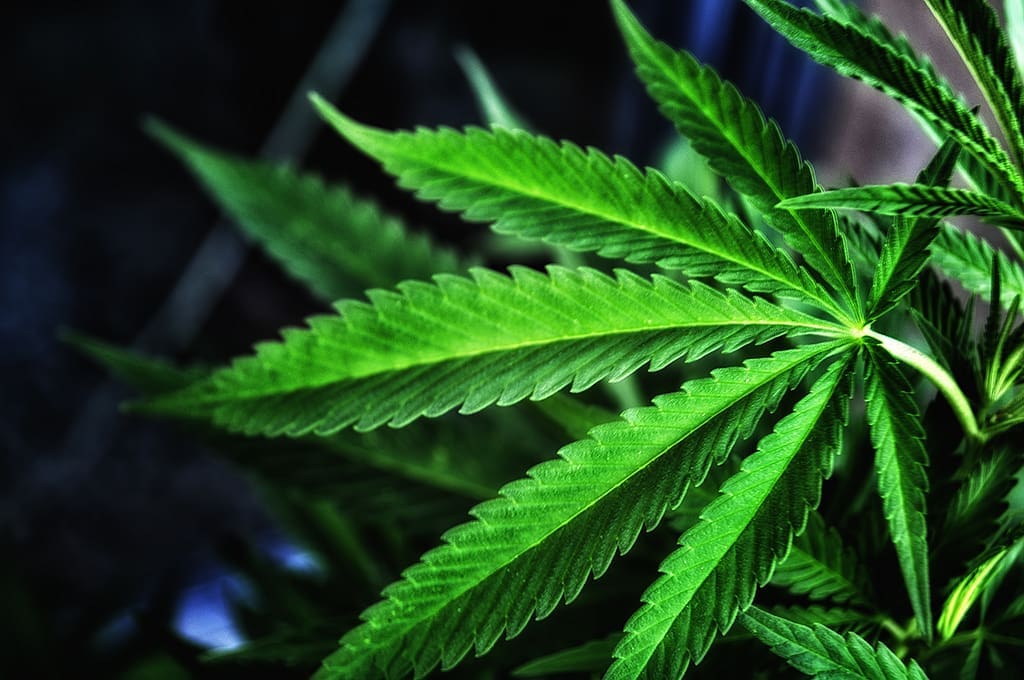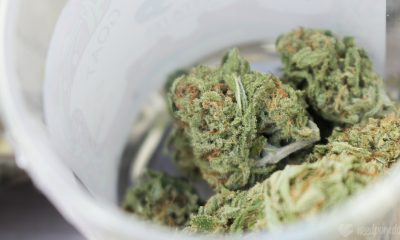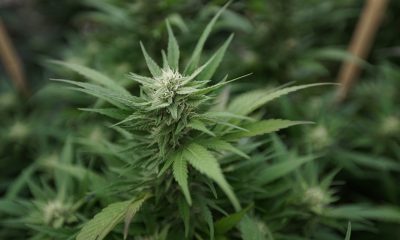Science & Health
Colorado Legalization Didn’t Increase Teen Marijuana Use, Another Study Finds

The latest in a string of studies to show that marijuana legalization does not lead to increased underage cannabis consumption has just been released.
“Our results suggest that adolescents’ marijuana use may not increase immediately following initiation of retail marijuana sales, which seems plausible given that they cannot legally access marijuana from the retail market,” concludes the study of Colorado teens, published in the journal Prevention Research last week.
“Overall, we did not find a significant change in the prevalence of adolescent marijuana use from shortly before to after the implementation of a recreational marijuana law in Colorado.”
Researchers from the University of Colorado, New York University, Johns Hopkins University and the Colorado Department of Public Health and Environment teamed up to compare data from youth drug use surveys from fall 2013, which was just prior to the start of legal marijuana sales, and fall 2015.
Frequency Of Use And Consumption At School Decrease
In addition to “an absence of significant effects for change in lifetime or past 30-day marijuana use,” the results also showed that teens reporting that they had used cannabis during the past month did so less frequently and that use on school properties declined.
“Among those reporting past 30-day marijuana use, there was a significant decline in frequent use (i.e., > 20 occasions of use in the past 30 days) and use on school property.”
Another significant change the study identified between the two time periods was a decline in perceived harm associated with cannabis use, but that was not accompanied with an increase in perceived ease of access to marijuana or any changes in perceived wrongfulness or perceived parental disapproval.
The findings bolster the position of legalization advocates, who have long argued that ending prohibition for adults and allowing them to buy marijuana in regulated stores that check the ages of their customers will not cause more young people to use cannabis.
“We did not find a significant effect associated with the introduction of legal sales of recreational marijuana to adults in Colorado on adolescent (illegal) use.”
Marijuana possession and home cultivation became legal in Colorado shortly after voters approved a legalization ballot measure in late 2012, prior to the first dataset in the study. Legal retail sales began on January 1, 2014.
The findings of the new research were consistent across demographic subgroups.
The researchers looked at “change in current marijuana use from 2013 to 2015 by school characteristic including school poverty, proportion of student enrollment that was Black or Hispanic, urbanicity of the school, and local policy regarding retail marijuana sales in 2015.”
“We did not find a statistically significant change in current marijuana use for any of these school characteristics.”
The study authors hypothesized that the decline in frequent cannabis use and use on school property is related to societal changes ushered in as part of legalization:
“It is not clear what accounts for this finding, but we suspect it may be related to the public discourse around marijuana policy leading up to and following the passage and enactment of…Colorado’s [legalization law] in 2012. Media coverage, school-based prevention programs, and public health and advocacy campaigns focused strongly on the potential negative impacts on youth during this time, and there was widespread agreement that the legal market should be inaccessible to adolescents… Therefore, it is possible that those adolescents who use marijuana had more received more attention from friends, parents, or school personnel and may have opted to use off-school grounds or less frequently. This interpretation may be further supported by the finding of an increase in perceived wrongness reported among current marijuana users.”
The findings add to a growing body of research showing that legalization is not associated with increased teen marijuana use.
A federal survey released late last year, for example, showed that rates of marijuana use among 8th, 10th and 12th graders is lower now that it was prior when to states began enacting legalization in 2012.
Another study looked at state-by-state youth use rates and found that state medical cannabis laws did not lead to increases.
The new study was supported with federal funding through the National Institutes of Health.
Legalizing Marijuana Doesn’t Lead To Higher Youth Use, New Study Shows
Photo courtesy of Carlos Gracia.
















